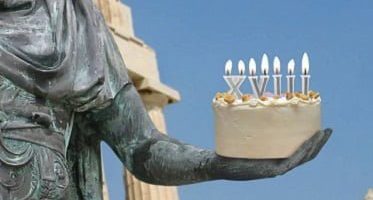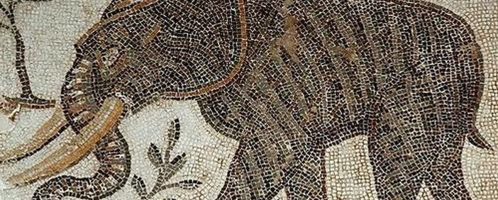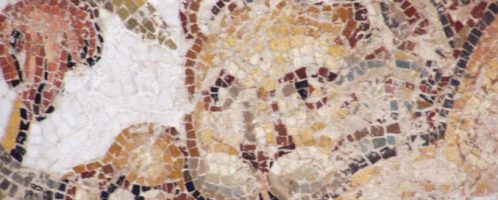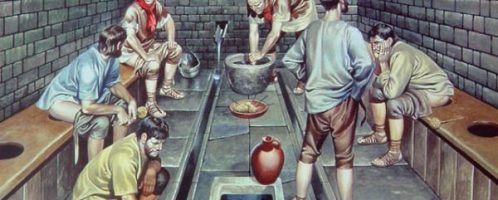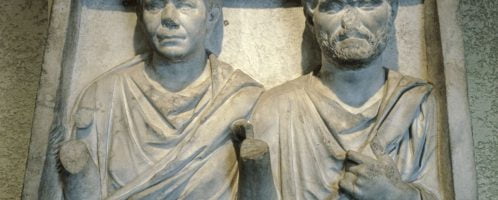Dies natalis – birthday in ancient Rome
Dies natalis (“birth day”) was in the Roman world the day of birth or the anniversary of the construction or event. Ancient Romans celebrated their birthday every year, in contrast to the Greeks who celebrated their birth on the same day each month of the so-called libation – drinking the most often mixed with water wine.

